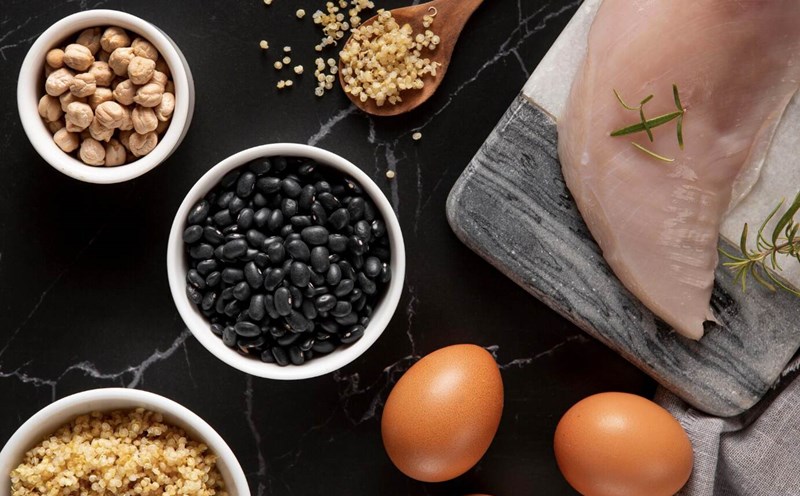Turmeric
The curcumin active ingredient in turmeric has strong anti-inflammatory effects, helping to reduce symptoms of irritable bowel syndrome (IBS) and increase intestinal probiotics. However, curcumin is difficult to absorb, so it should be used with black pepper to increase effectiveness. If you use functional foods, the recommended dose is not more than 200 mg/day.
Ginger
Ginger not only treats colds but also naturally aids digestion. Eating about 2 grams of ginger per day helps reduce bloating, indigestion, and constipation. You can make tea bag ginger to drink hot, or process ginger in slices and flour to add to the dish. Many people also note that ginger helps improve constipation, menstrual cramps, acne and sweating disorders.
Coriander
Coriander can help reduce diarrhea and nausea, while increasing probiotics and producing butyrate - a protective substance of the intestinal lining. However, coriander contains a lot of potassium, so people with kidney disease need to limit it to avoid the risk of hyperkalemia.
Garlic
Garlic contains prebiotics and allicin, which have the effect of feeding probiotics, fighting inflammation, and reducing the risk of colorectal cancer. Adding a few cloves of garlic to your meals not only enhances flavor but also protects the intestines and supports cancer prevention.
Cinnamon
Cinnamon is often used in coffee, tea or dessert. Cinnamon helps reduce inflammation, stimulate bowel movements, and help control blood sugar. However, you should limit sugary cinnamon dishes, instead sprinkle cinnamon powder on oatmeal, yogurt or make tea.
However, the above spices are beneficial but not suitable for everyone. People with gastro reflux or sensitive digestion should consume it in moderation.











